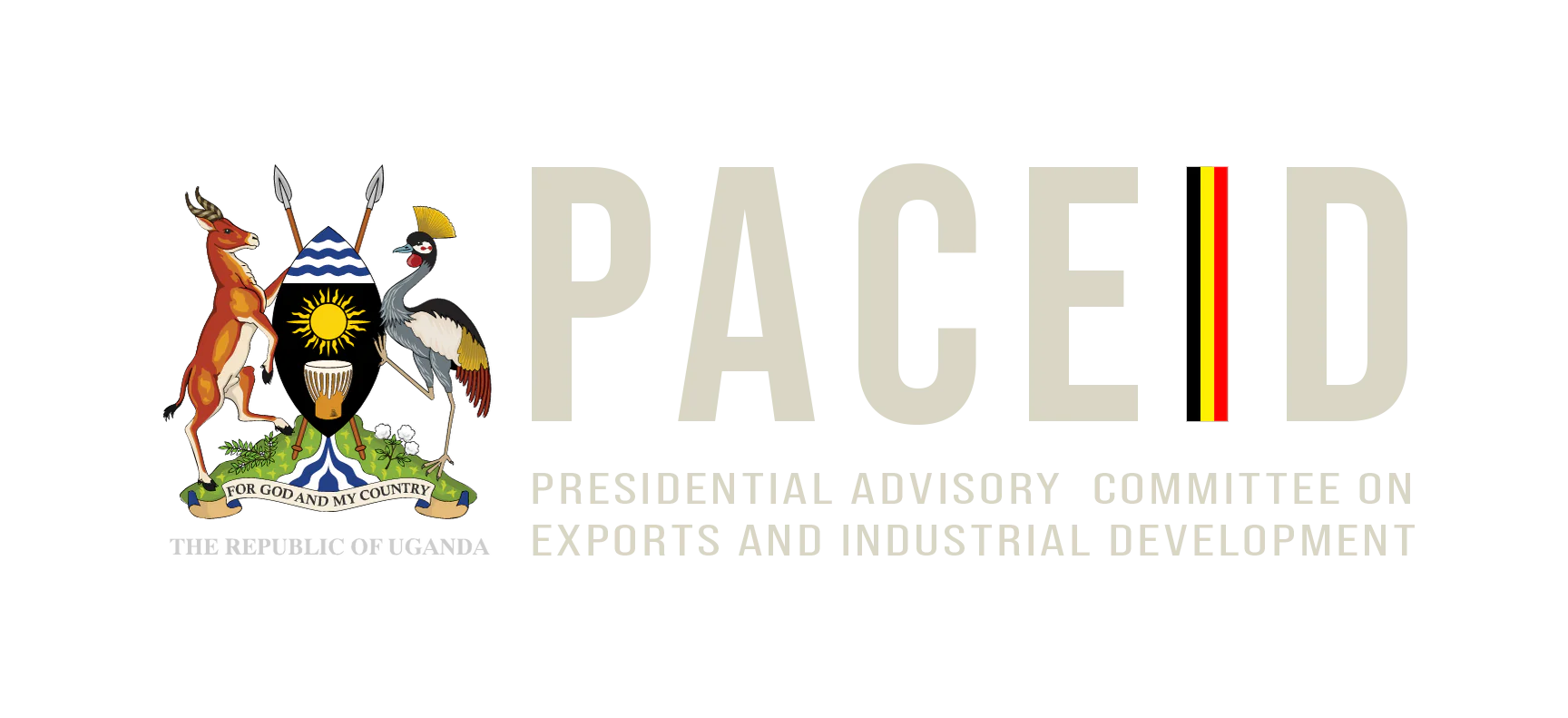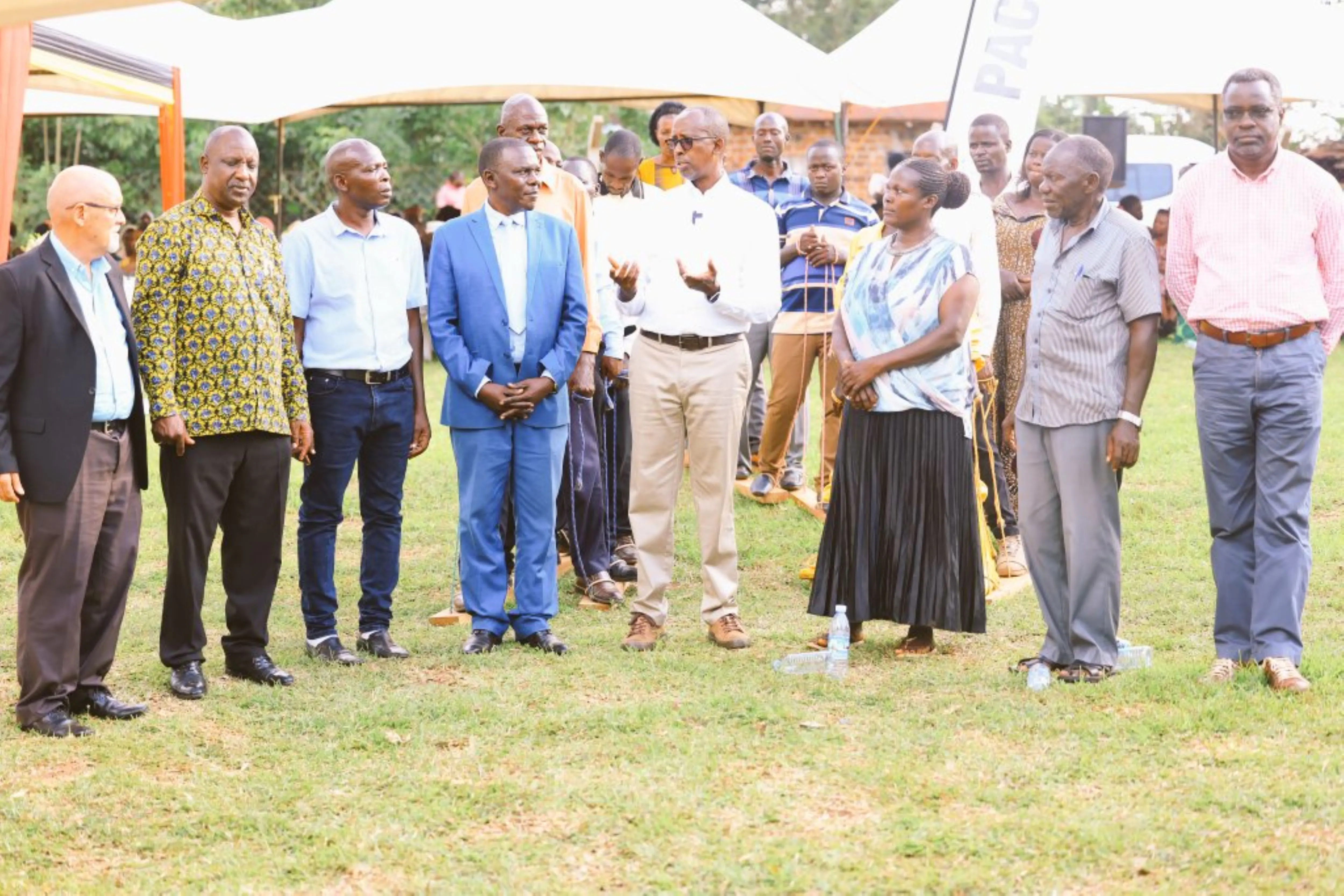The Chairman of the Presidential Advisory Committee on Exports and Industrial Development (PACEID), Odrek Rwabwogo, has called for a national mindset change to drive Uganda’s transformation and export readiness.
Speaking during a community training on export readiness and sustainable supply chains held in Bukeeeka Parish, Katikamu County on Monday, June 2, 2025, Rwabwogo emphasized the need for Ugandans to understand the country’s historical context as a foundation for future progress. “To know where you are going, you must understand your history. That is why I care deeply about teaching,” he said. “It pains me to see leaders who don’t teach. Uganda is one family; regardless of religion, tribe, or background, we all need income. Let’s not allow divisions to hold us back while others decide for us.”
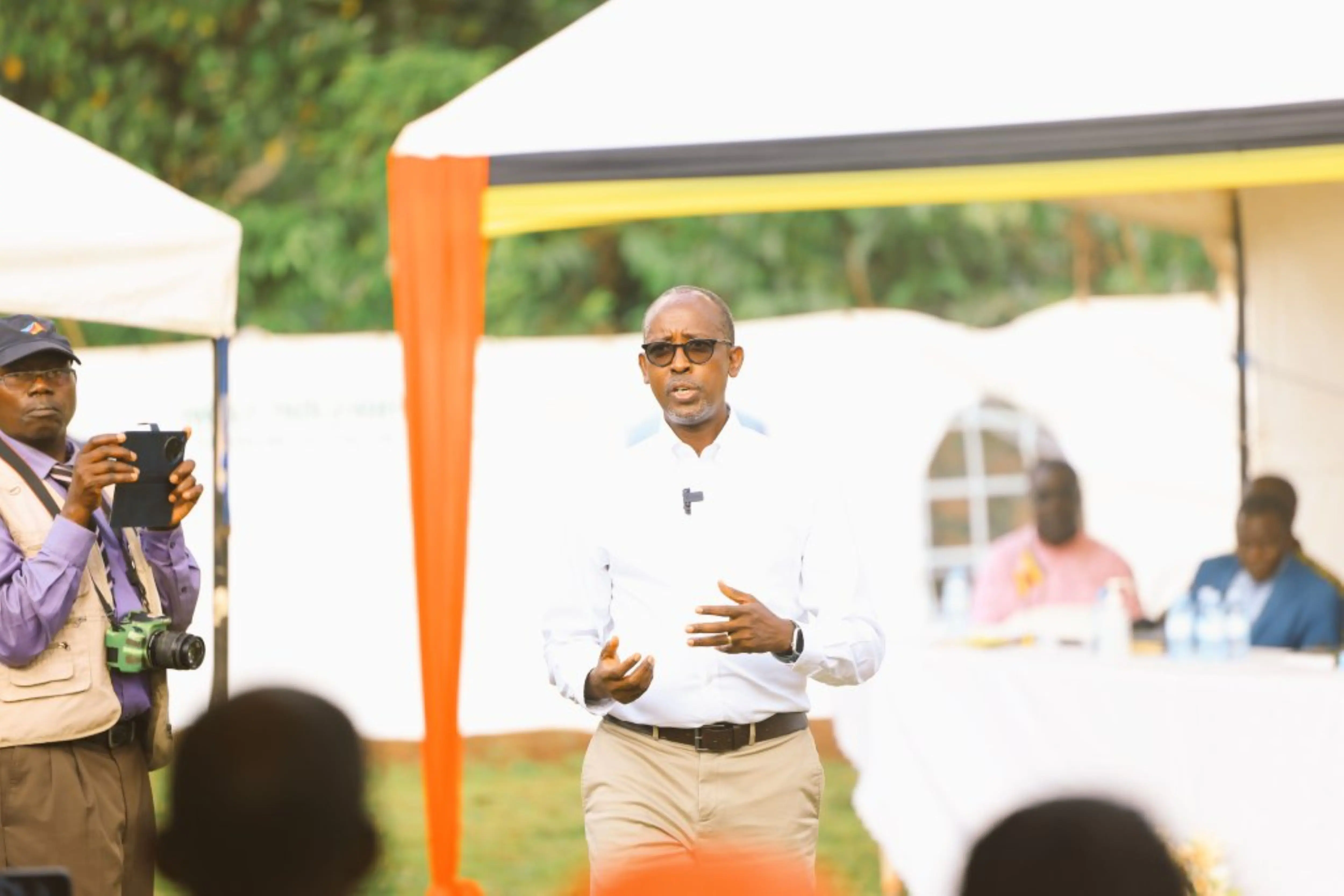
Odrek Rwabwogo has called for a national mindset change to drive Uganda’s transformation
The session, hosted at the residence of Pastor Deo Musoke, brought together farmers, local leaders, religious figures, businesspeople, and youth leaders. The training is part of PACEID’s nationwide campaign to boost household incomes through export-oriented production and improved market access.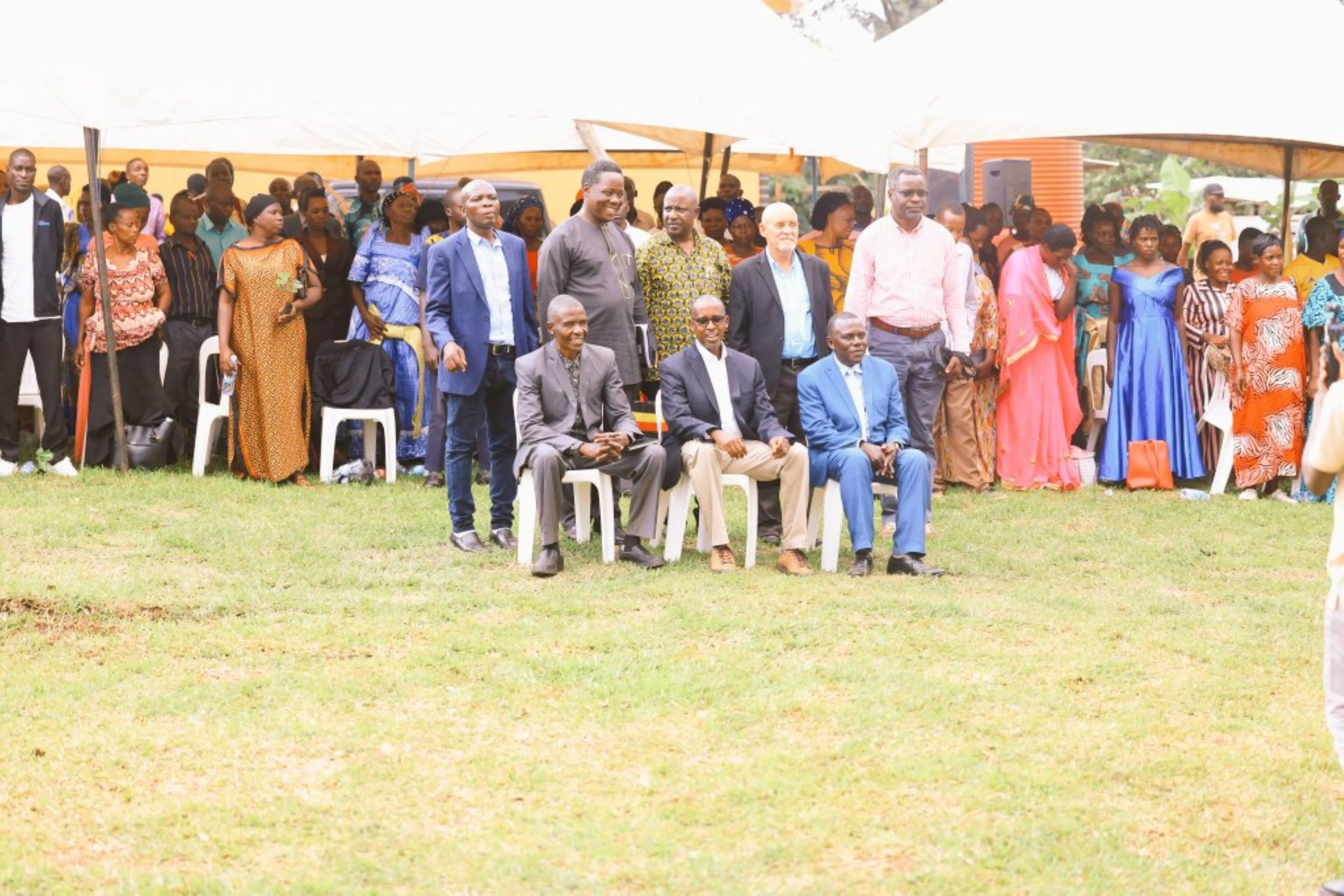
Practical Skills for Export Readiness
Participants were trained by a team of experienced facilitators covering topics such as commercial farming, market certification, financial management, and agribusiness innovation.
Free Bamwiine, an entrepreneur and farmer, challenged residents to rethink land use: “You don’t need hundreds of acres to succeed. Even with a small plot, one cow can create seven income streams: milk, biogas, fertilizer, biosilary feed, cow dung, tourism, and training opportunities.” He stressed the importance of belief and self-confidence to unlock such potential.
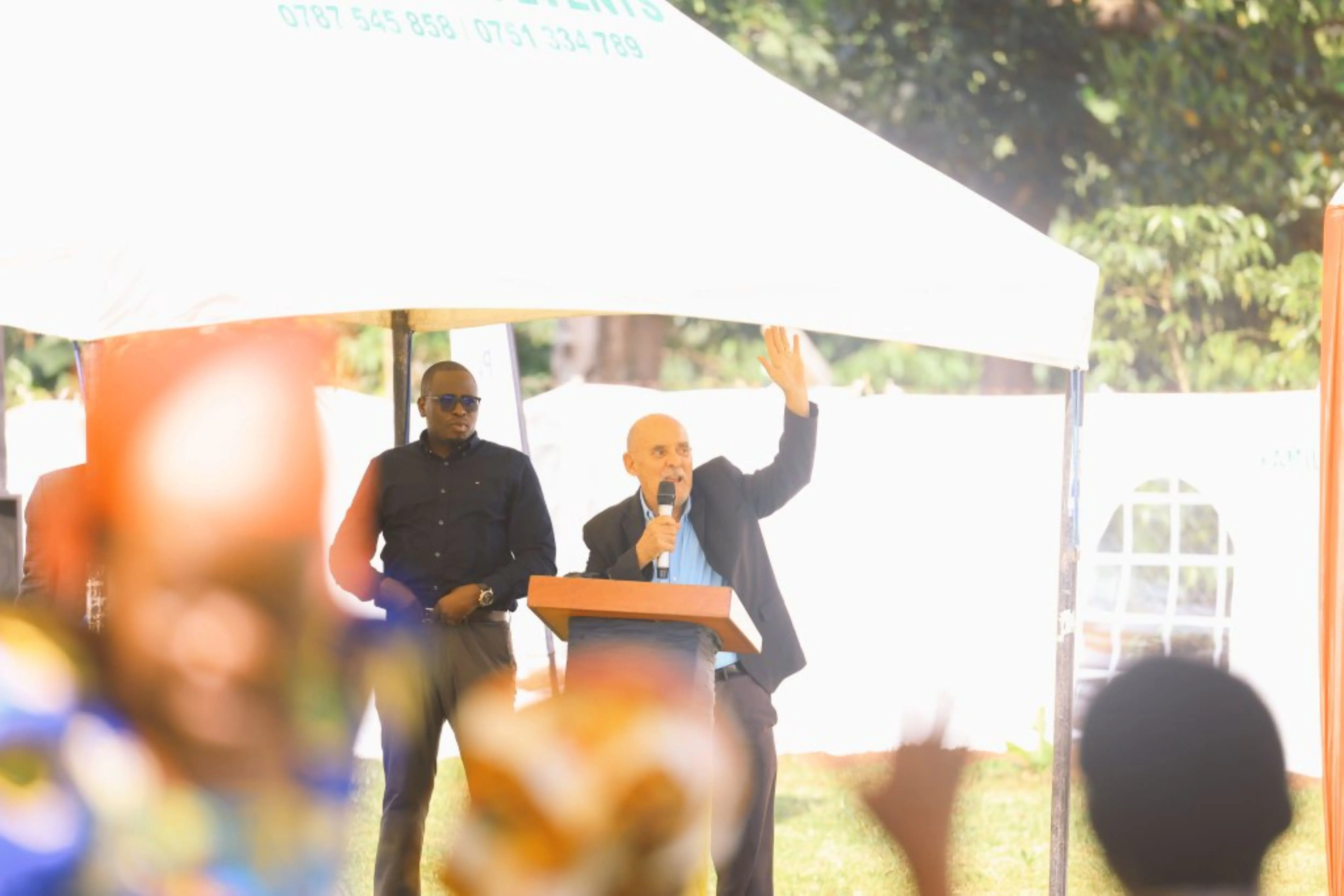
Steve Hodges says exports demand discipline and quality
Steve Hodges, a horticulture expert with Afri Shamba Ventures, delivered an in-depth session on “Growing Fruits and Vegetables for Export”, emphasizing:
- Starting with buyer needs, not the harvest.
- Meeting international certification standards like GlobalGAP and BRC.
- Maintaining proper records, seeds, inputs, labor, and chemicals used.
- Managing transport logistics and reducing costs through aggregation based on trust.
“Exports demand discipline and quality. Trust, built on honesty, is essential for aggregation and access to larger markets,” Hodges said.
He noted Uganda’s improved air freight and water transport systems as promising signs for future export growth.
John Kayemba, a coffee nursery operator at Kawanda NARO, provided practical guidance on good coffee planting practices. His session drew praise from area LC1 Chairperson Mr. Kabenge, who called on authorities to strictly enforce standards for coffee quality.
Chris Bumpenje, a business strategist, spoke on financial discipline, investment, family business management, and succession planning. “To grow, family businesses must operate professionally and innovate consistently,” he advised.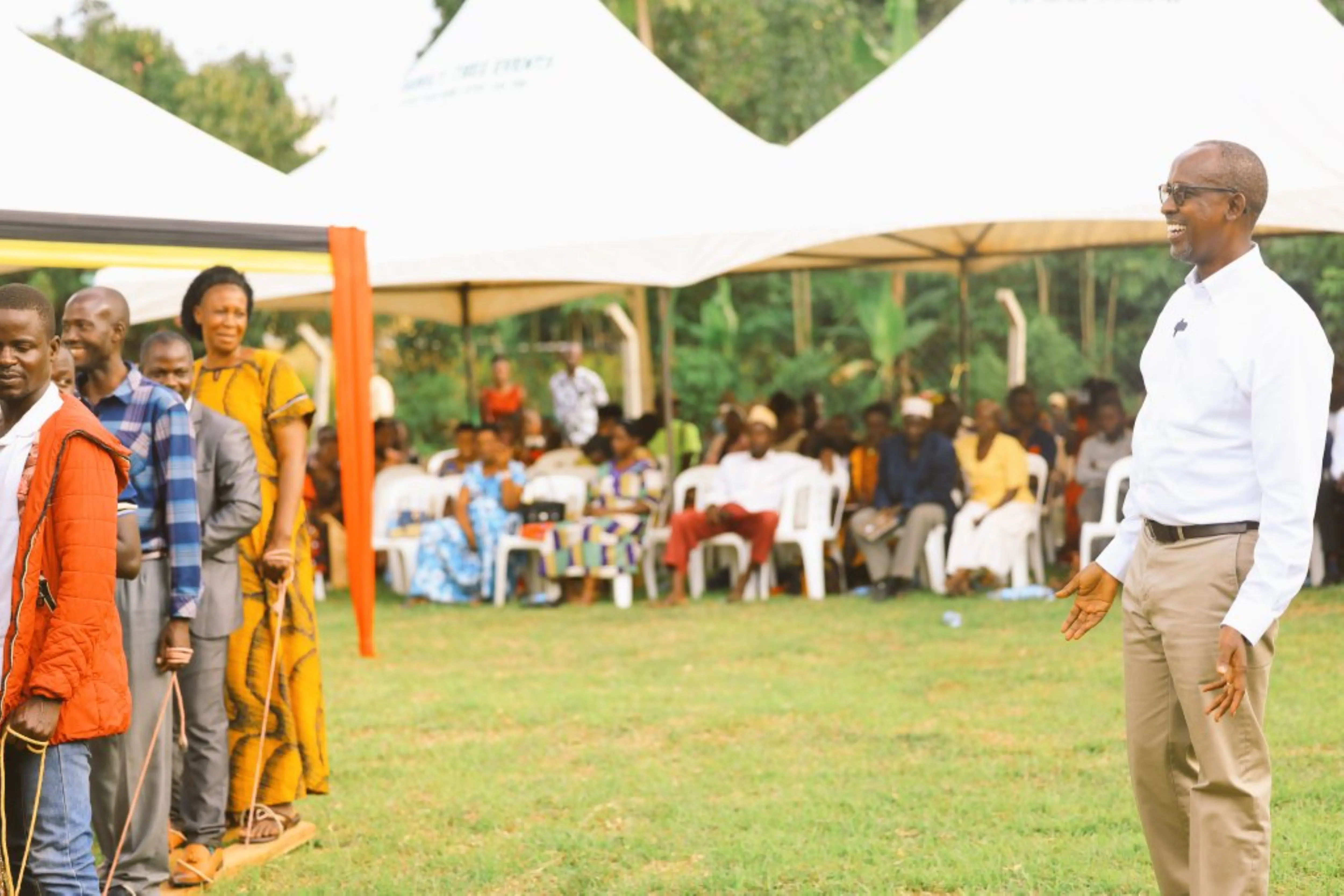
The training in Luwero is part of PACEID’s broader mission to align Uganda’s production systems with global market demands, while promoting unity, enterprise, and a shared vision for national development.
Rwabwogo reiterated that only through collaboration and a renewed mindset can Uganda fully leverage its resources for sustainable economic transformation. “Let’s believe in ourselves and build from within,” he concluded.
